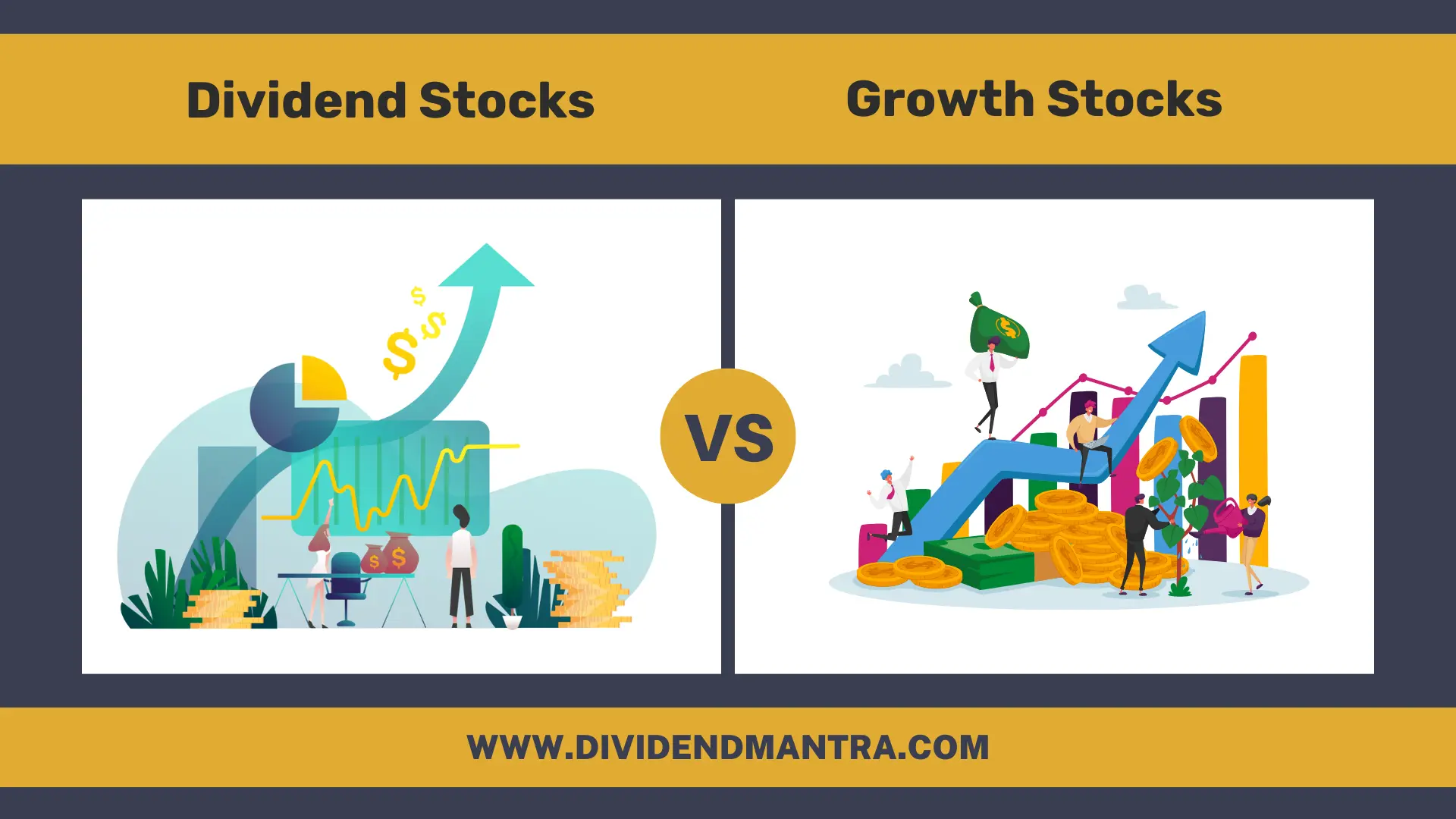Active Funds Vs Passive Funds: Which Is Better For Investment?
Before deciding on a mutual fund investment, you should familiarize yourself with the various types and management methods available. There are active funds and passive funds, each with a different management approach. Find out which one suits your investing style best by reading on.
What Are Index Funds, or “Passive” Funds?
It’s a mutual fund’s purpose to generate returns in line with stock indexes, hence it’s called an index fund or a passive fund. A SET index fund’s returns should be extremely close to the SET Index’s +5% return, for example.
There are a variety of indexes and financial benchmarks used to classify index funds, such as the S&P 500, NASDAQ 100, S&P 500 ETF, and so on. By their names, investors may easily identify them. If the SET50 is used as the index benchmark, then the fund’s name will contain the term “SET50”. Also included in the fund’s prospectus are details on its investment philosophy.
“What good are index funds if they don’t strive to beat markets?” is a legitimate concern for some investors. The response is that we believe stock markets are efficient and that each stock on a market is priced fairly. As a result, an index fund investment may be the best option for you to pursue. Attempting to beat the markets is pointless if you believe stock prices are realistic.
Investing in index funds is buying a broad range of companies to match an index benchmark, rather than picking and choosing which equities to hold. As a result, your money “moves with the flow.” Let’s take a closer look at the advantages and disadvantages.
The Advantages of Passive Funds
- Among mutual funds, index funds are the least risky since they mimic the performance of their respective indexes.
- Index funds are less expensive than active funds in terms of fees and charges.
- Stock selection in index funds is not dependent on a fund manager, thus there is less chance of picking the wrong stocks.
- Index funds are a good long-term investment since they only need to be adjusted once every six months to a year. Here are some passive income ideas for long term.
The Disadvantages of Passive Funds
- Index funds are unable to accumulate capital by cutting back or selling equity holdings. In a bull market, returns can be outstanding, but in a bear market, returns will be lower. This is where active funds may be more beneficial, as fund managers may change their holdings to reflect market developments.
- Because index funds aim to “produce returns as near as feasible to the returns on a stock index,” investors should not expect to outperform the market.
- Index funds are only ideal for long-term investors who want to invest in stocks but don’t have the time or desire to analyze and choose stocks or who don’t want to rely on fund managers’ stock decisions because most index funds cannot outperform the market.
What are Active Funds?
‘Active funds’ are ‘active’ in the sense that they are actively managed mutual funds that aim to outperform their benchmarks by relying on a fund manager’s stock picking expertise. For example, an active SET fund’s investing objective may attempt to achieve greater returns than the SET index’s performance.
The Role of a Fund Manager
Fund managers do two forms of investing analysis:
- To determine if an investment is a good idea at this point in time, macroeconomics and industry trends are examined first.
- Asset quality is examined first, followed by industry mood and investment timing, in contrast to the top-down approach.
The advantages and disadvantages of actively managed funds are the exact reverse of those of passively managed funds. Investors who are looking to outperform the market in the long run should look to actively managed funds rather than passive products. As long as they have faith in a fund’s managers, investors are ready to pay greater fees. Investors, on the other hand, must make sure they choose the correct active funds. Keep in mind that the majority of stock funds are unable to outperform the market.
It is imperative that investors make investing decisions based on a clear understanding of their objectives, time horizons, and level of risk tolerance. Before making an investment, read the prospectus of the fund carefully.
Which Should You Choose? Active or Passive Funds?
We can’t predict the future performance of a fund by looking at its past performance. In truth, it’s impossible to know in advance how a fund will fare in the long run.
Choosing between active and passive funds can thus be difficult. Active funds are managed by individuals who try to beat the market, while passive funds track an index. The decision usually comes down to cost and performance. Passive funds tend to have lower fees, but they may not perform as well as active funds. Ultimately, the best option depends on the individual’s goals and needs.
It is important for investors to carefully research the options and make a decision that is best suited for their individual needs.
Passive and Actively Managed Fund Examples
S&P 500 Index Tracking Fund: Ben has his money invested passively in this fund. It’s a passively managed index fund that he owns. He pays a management charge of 0.06%. After watching the news and hearing that the S&P had risen 4%, Ben was confident that his money had done the same. Like hearing that the S&P dropped 5%, he understands that his money did approximately the same as the market as well. That being said, Ben is also aware of the fact that his management charge is tiny and will have little effect on his profits.
Ben is aware that his fund’s performance may differ somewhat from that of the S&P 500 because it is practically difficult to keep precise tabs on everything. However, Ben’s portfolio is based on the S&P, so he doesn’t care about these little differences.
Susan invests in a mutual fund that is actively managed. She pays a management charge of 0.95 percent.
Banks, real estate, energy, and automobile manufacturing are just few of the industries that Susan’s actively managed fund invests in. Investing choices are made by her fund managers based on their analysis of industry and company performance information.
When it comes to fund managers, Susan knows she’s paying more than Ben because she’s handing over roughly one percent of her earnings to them. She is also aware that her fund would not follow the S&P 500’s performance. Susan has no idea what happened to her money today, despite the fact that the S&P 500 climbed 2%. It’s possible that her account value has increased or decreased.
Susan is a fan of this fund since it gives her a chance to beat the benchmark. The performance of Ben’s fund is directly correlated to that of the index. Susan, on the other hand, has the potential to beat the market.
These examples will help you see how the two funds operate in the real world so that you can make an informed decision about which one is best for you.
FAQs
1. When Actively Managed Funds Fail to Outperform the Market, What Happens?
When actively managed funds do not outperform the market, nothing occurs. Even if they acquire shares in actively managed funds, investors can’t expect any certain amount of return. Only selling one’s shares in a fund may be the remedy for an investor who is dissatisfied with its performance.
2. Why Are Costs So Cheap in Passively Managed Funds?
There are fewer deals and decisions to be made. With passive funds, there is less overall effort required. It is possible to automate the vast majority of fund operations, leaving the fund manager with nothing more than oversight and the ability to resolve any issues that may emerge. When compared to hiring an expert to select when and what to buy or sell, this is a lot more cost-effective option.
Conclusion
In conclusion, it is evident that active funds and passive funds offer different benefits and drawbacks for investors. The best option for an investor depends on their individual goals and risk tolerance. For those who are looking to beat the market, active funds are a better choice. However, for those who are looking for lower fees and more stable investments, passive funds are the better option. Thus, it is important for investors to decide which type of fund best suits their needs and investment goals. Investors should carefully consider their options before deciding which type of fund is right for them.






